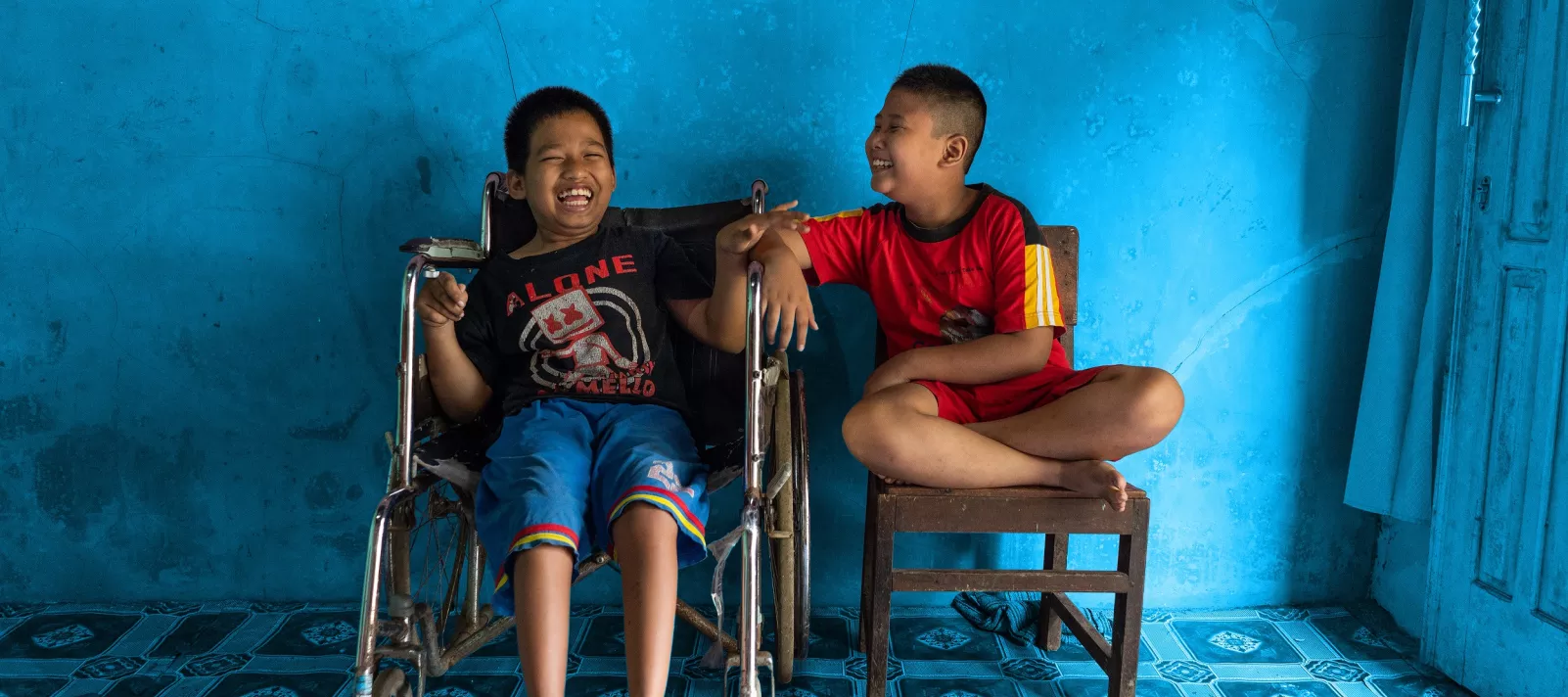Page
UNICEF Blog
From global trends to local insights, go behind the scenes of child rights issues.

The UNICEF Blog promotes children’s rights and well-being, and ideas about ways to improve their lives and the lives of their families. We bring you insights from the world's leading child rights experts and accounts from UNICEF's staff on the ground in more than 190 countries and territories.
The latest
The opinions expressed on the UNICEF Blog are those of the author(s) and don't necessarily reflect UNICEF's official position.
